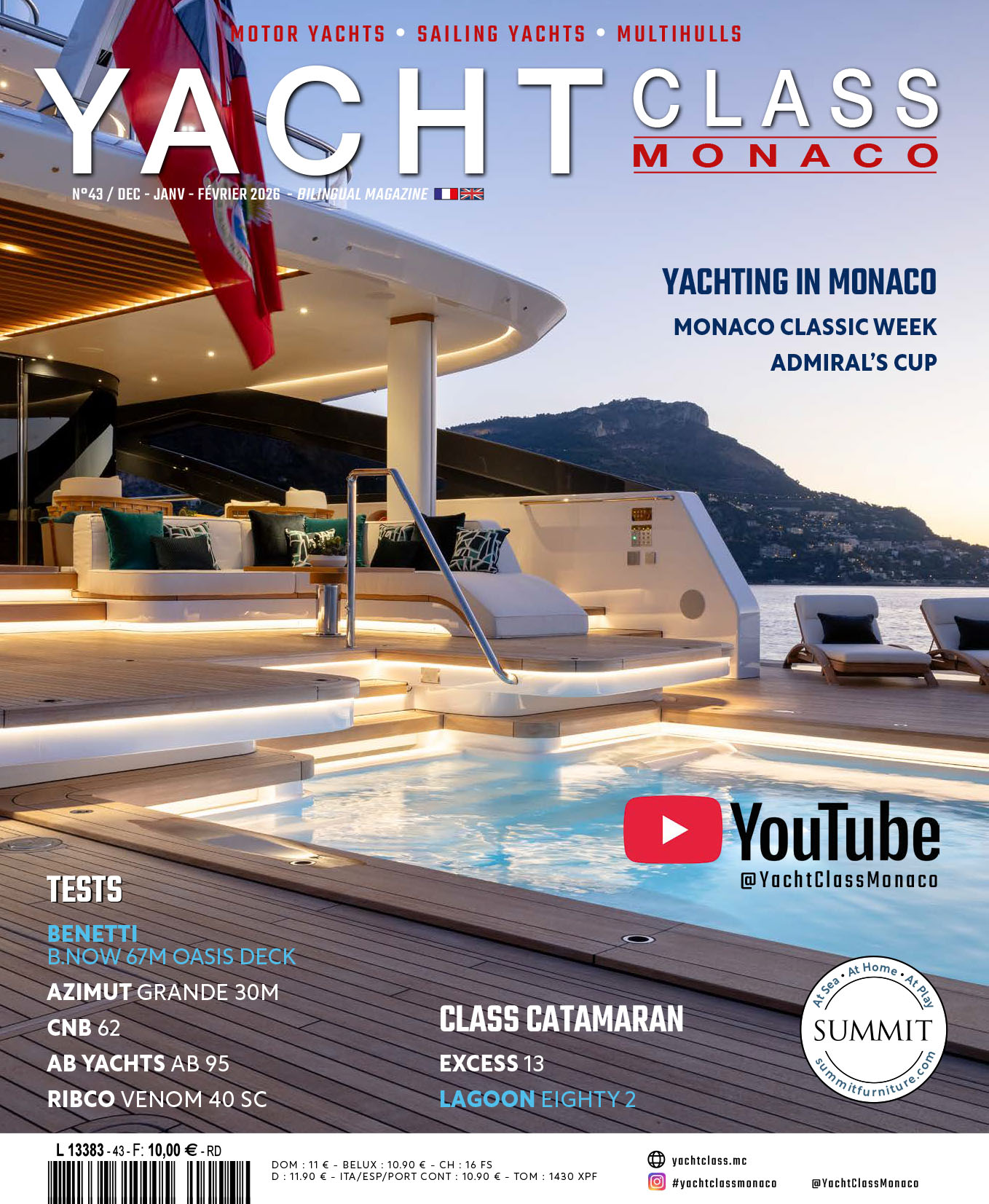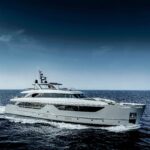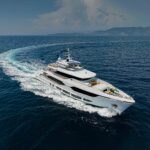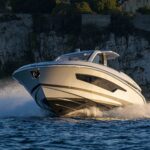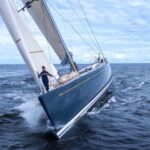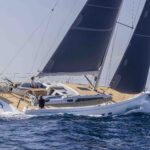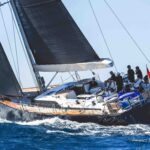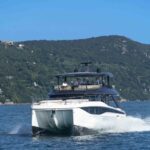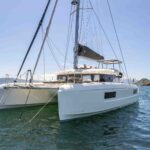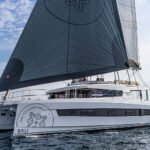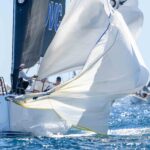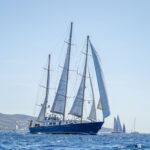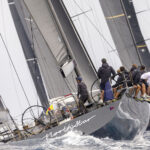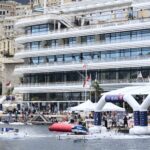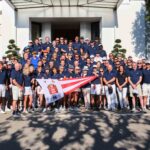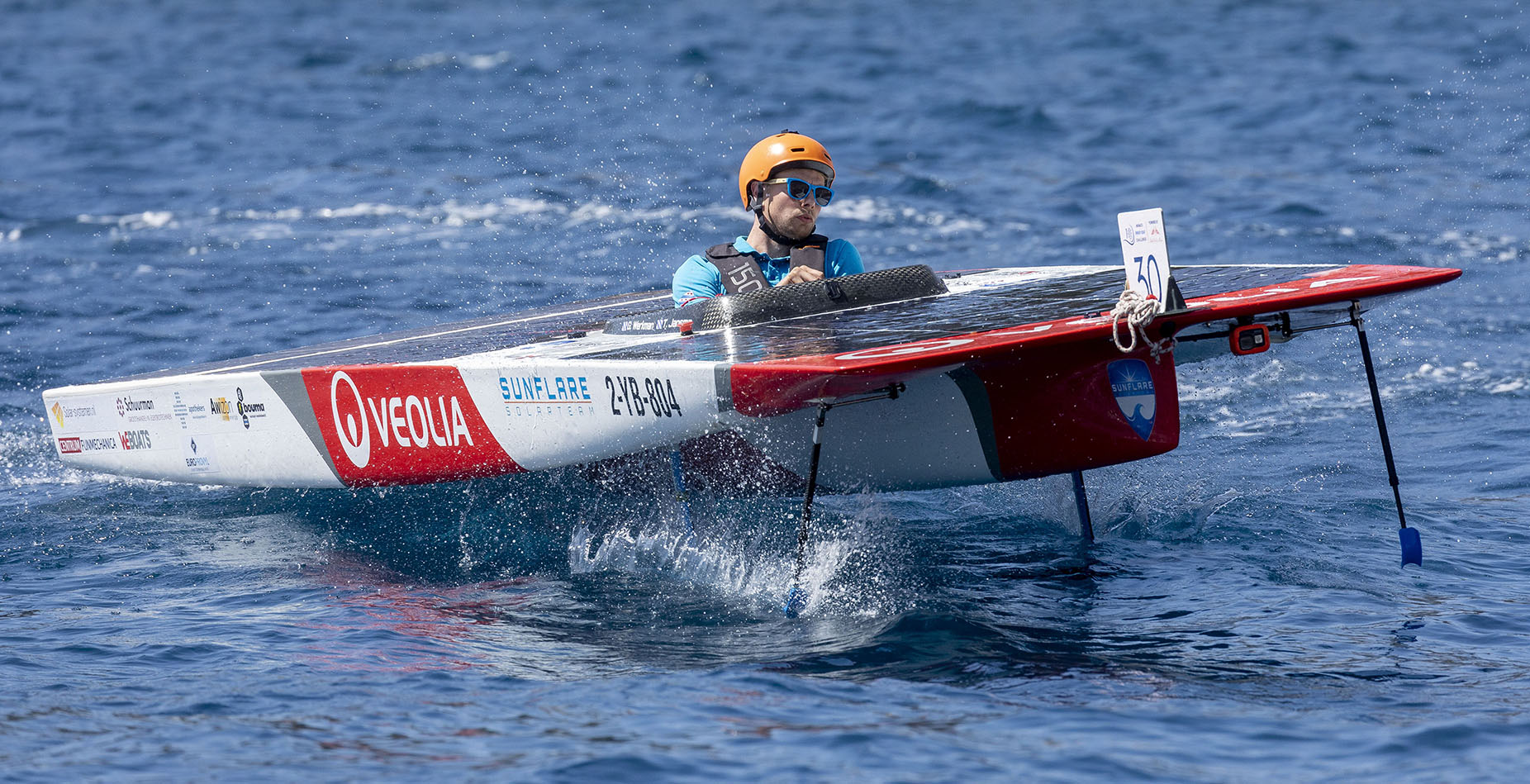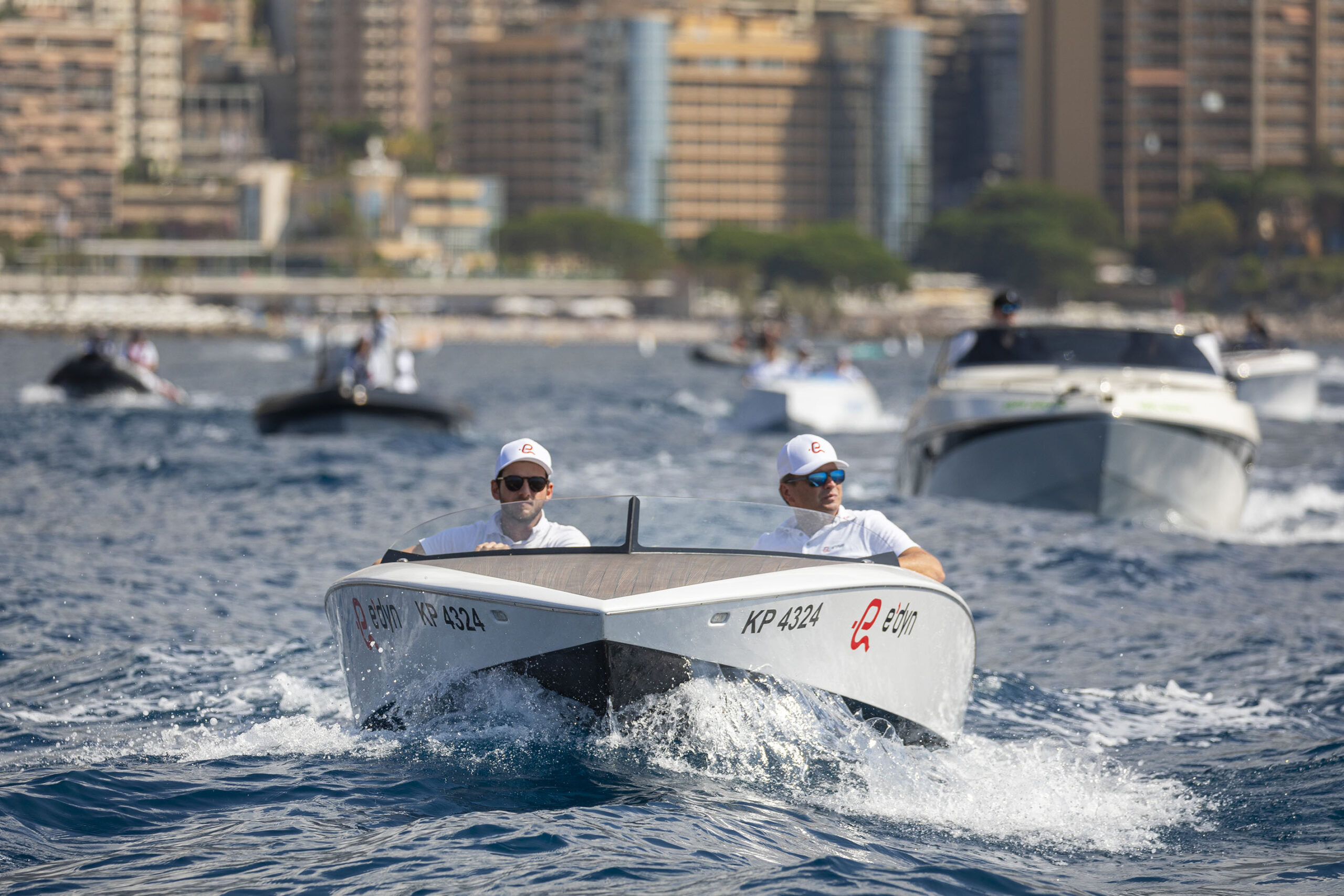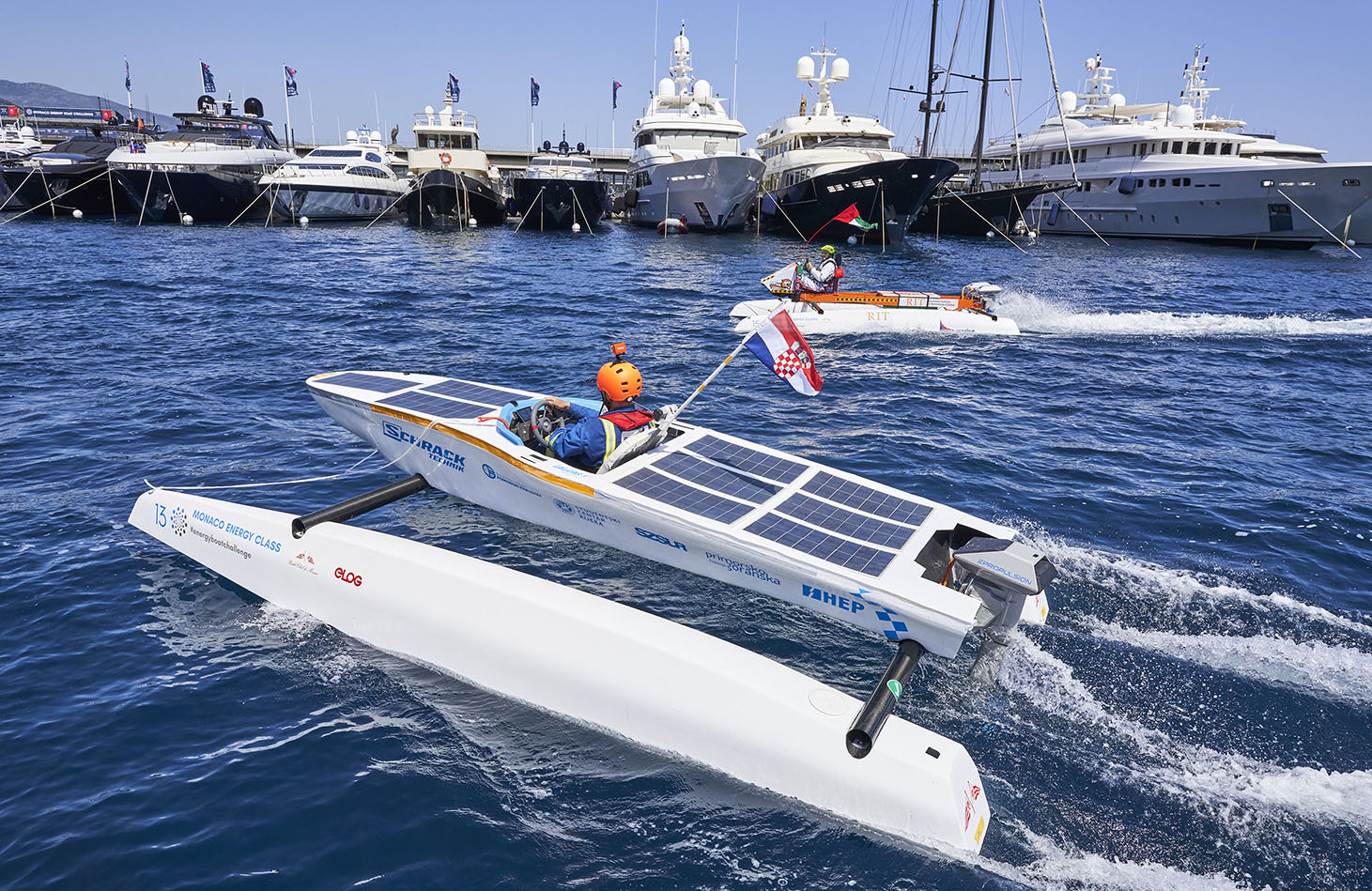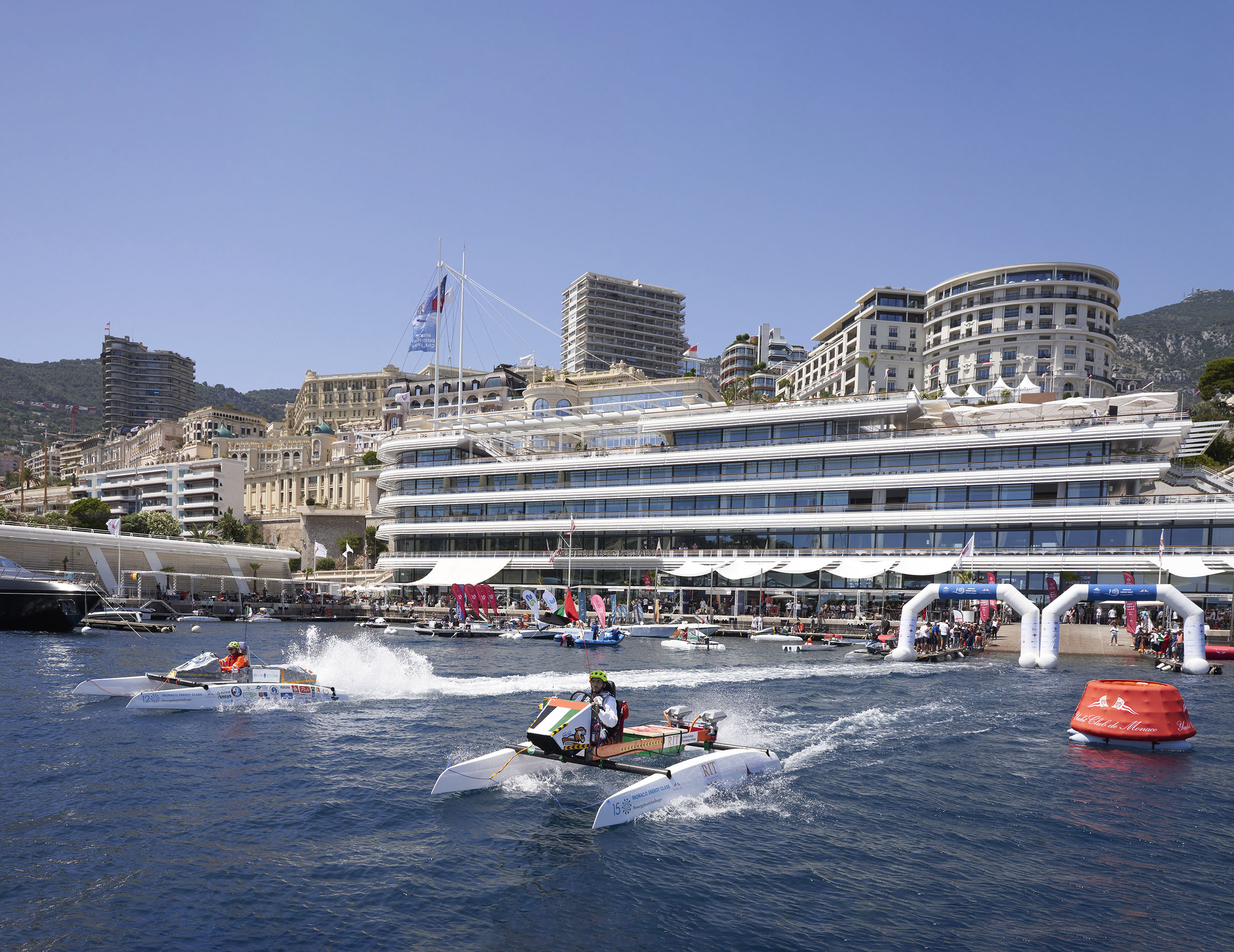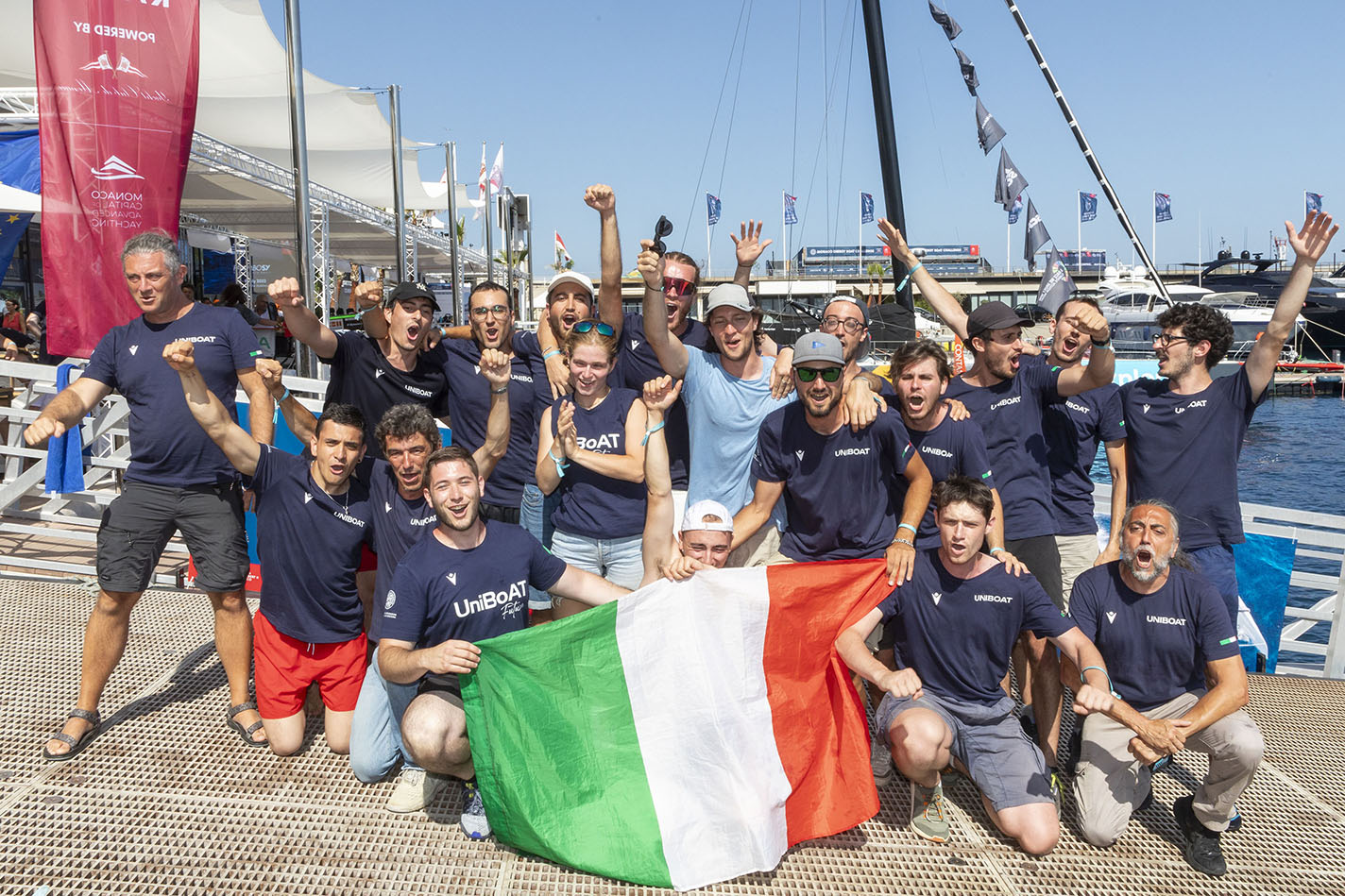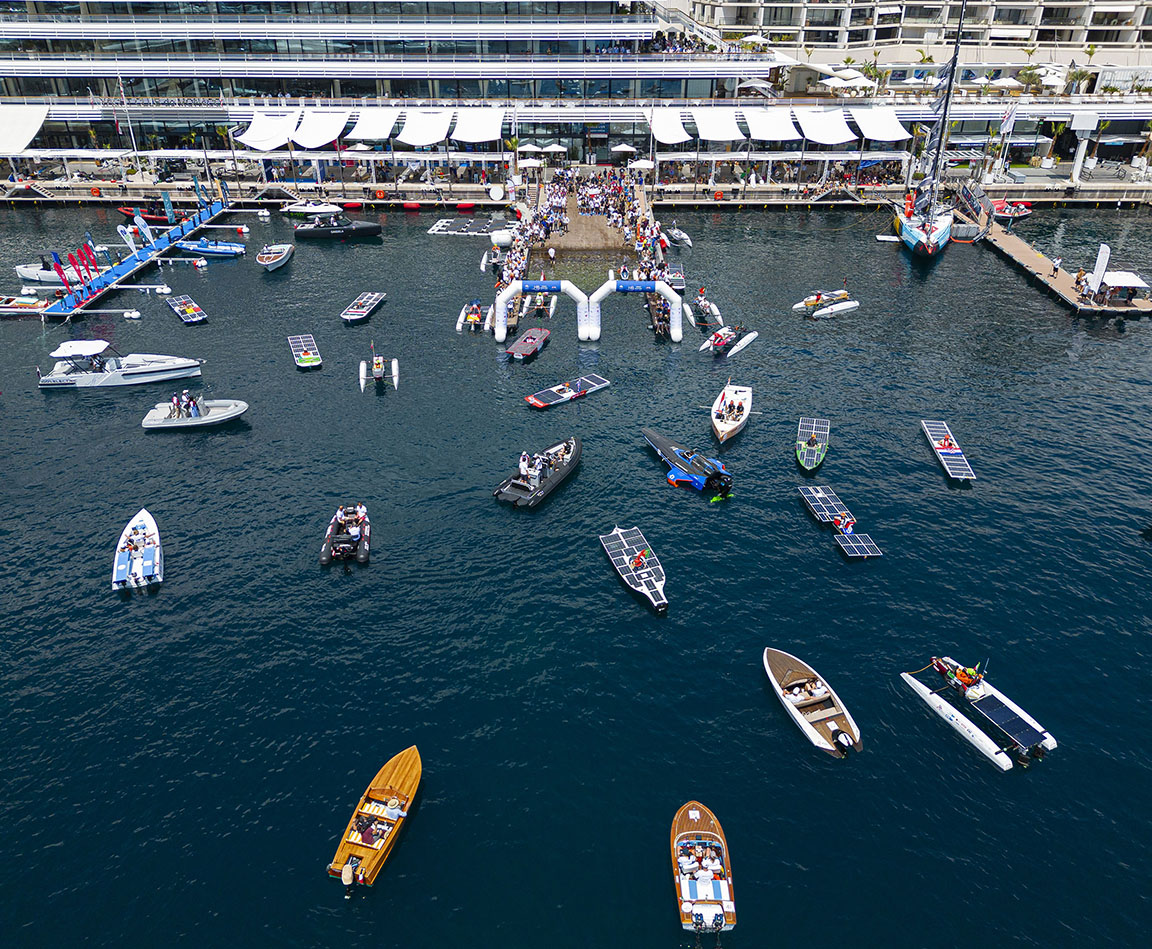Yacht Class n°34 (sept-oct-nov 2023)
Created in 2014, the competition of the Yacht Club de Monaco (YCM), dedicated to alternative propulsion and energy, has gained momentum and has become a not-to-be-missed international event.
Written by Aurore Teodoro – Photos : YCM/Studio Borlenghi, YCM et DR.
Since its very first edition, under the name “Solar1 Monte-Carlo Cup”, the Monaco Energy Boat Challenge (MEBC) has been in constant evolution. “Initially dedicated to propulsion, then alternative energies, today the Challenge puts the spotlight on sustainability in general, the aim being to improve the efficiency of solutions and reduce the environmental impact of all the vessel’s components”, confirmed YCM General Secretary Bernard d’Alessandri.
Long gone is the first edition, with its 23 teams from 10 countries on solar-powered boats. Since then, the competition has welcomed offshore boats in 2017, and a year later, the Energy class (in which participants design the cockpit and propulsion system for a one-design catamaran and use a given quantity of energy). This symbolic edition brought together 46 teams from 31 universities and 25 nations. A new record. “We used to contact them, now the teams come to us. We actually have visitors from the universities of Michigan and Cambridge, plus another team from India, scouting for the next event“, says a satisfied Charlotte Mille, the event’s project manager for the past six years.
A year full of new features
Indonesia, Dubai, Germany, Monaco, the USA… the YCM quay was a global melting pot. In addition to the sporting aspect and the incredible experience, the event has an extensive program. The team had then the opportunity to present their project during Open-Source Tech talks. There was also a one-day conference on the theme of “sustainability transition: challenges, commitment and adoption”, to which Boris Herrmann participated, the 4th Hydrogen Round Table and daily industry pitches.
Following on from the Job Forum, launched in 2019, that connects young engineers with industry, this year’s challenge was enhanced by a number of new features, such as the dock charging twenty electric boats simultaneously. The club has also set up a mentoring programme, as well as a fan zone on the Lucciana jetty. “We noticed that the public was there, especially students who wanted to watch the races. The races are open to the public, as are the event village and the tech talks. Everything is broadcast online on WebTV Monaco, Capital of Advanced Yachting”, said Charlotte Mille.
This year also saw the first YCM E-Boat Rally, a gathering of fifteen electric boats on a course between Monaco and Ventimiglia.
Life cycle in the spotlight
This 10th edition also focused on the life cycle of boats. A tool, created by Marine Shift 360, was made available to assess the environmental impact of boats from design to end-of-life, and to encourage reflection on materials. That was actually the biggest innovation for Jérémie Lagarrigue, CEO of EODev and head of the jury, which included experts in energy transition, environmental footprints, from Prince Albert II Foundation, as well as financiers and yachting professionals.
During the Tech Talks, this jury listened to each team present their project, their objectives and their ambitions for the future, before awarding some of them a prize. If there was no great revolution, Jérémie Lagarrigue has noted a more efficient use of energy, with a gain of at least 20%. With 10 KWh, equivalent to one litre of fuel, the winning crew sailed 27 nautical miles (50km) in four hours. A good sign for the future ? “There is a fantastic link to the history of Monaco. In the early 1900’s, motorboat races were organised here to compare internal combustion engine technologies. There were hydrogen, electric, diesel and turbocharged gasolines engines. The latter won, and we have been using this technology for 100 years. It would be great if the MEBC could be the forerunner of this new century”.
The results
After three days of competition at sea, Italy’s Uniboat won the Energy Class for the 3rd year in a row. In the Solar Class, the Dutch from Sunflare Team Veolia retained their title, while their compatriots TU Delft Hydromotion Team won the Open Sea Class.
